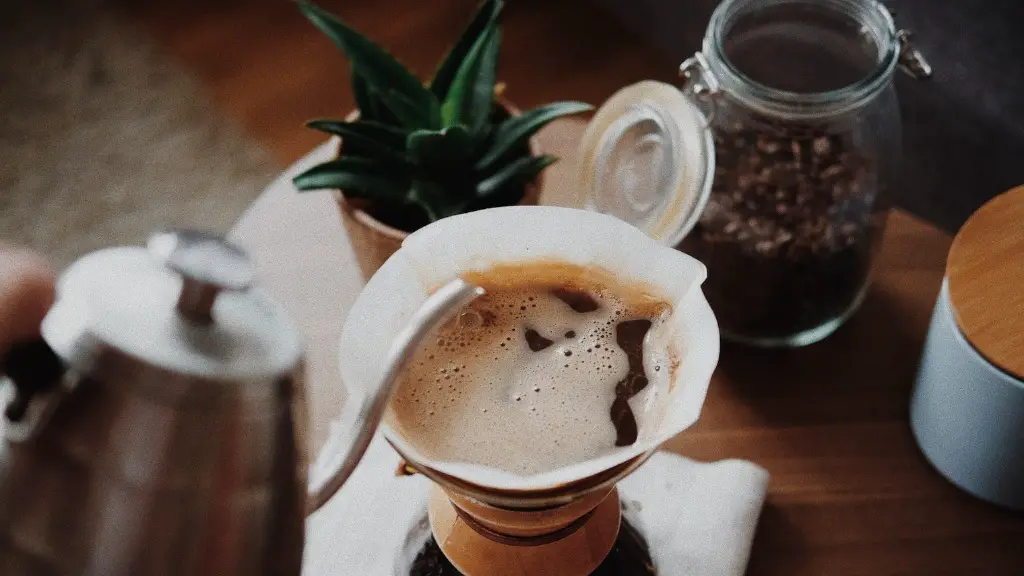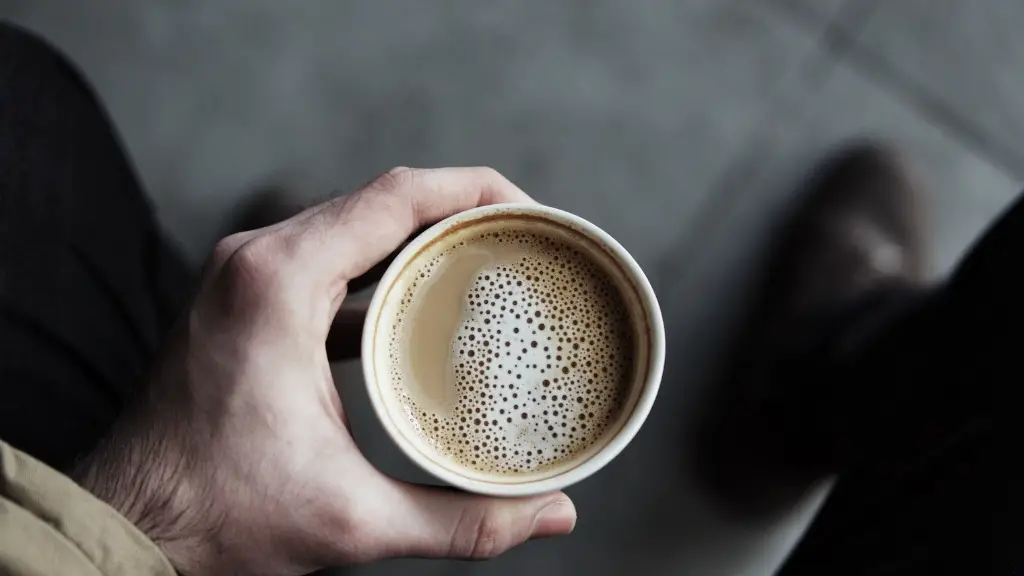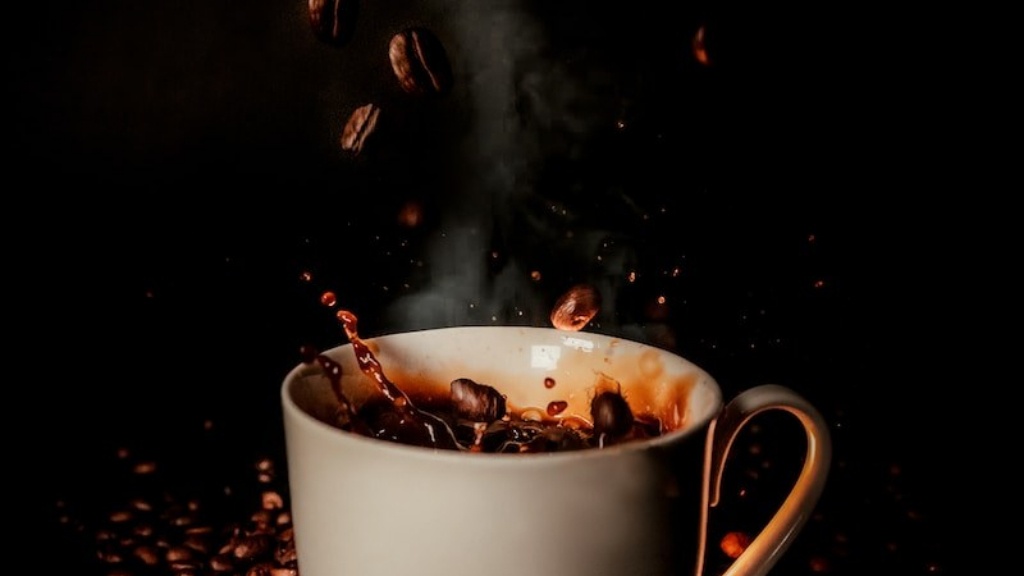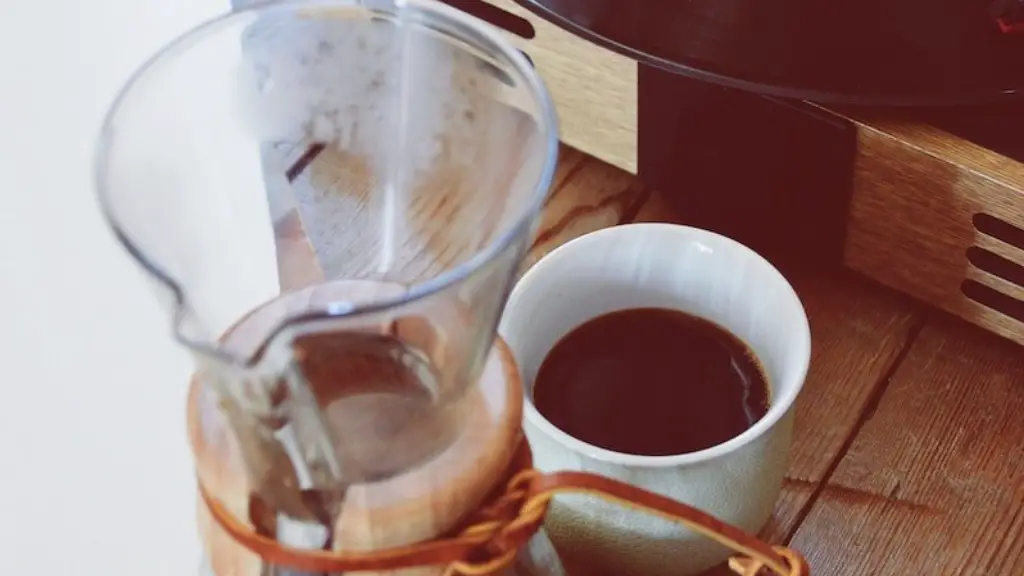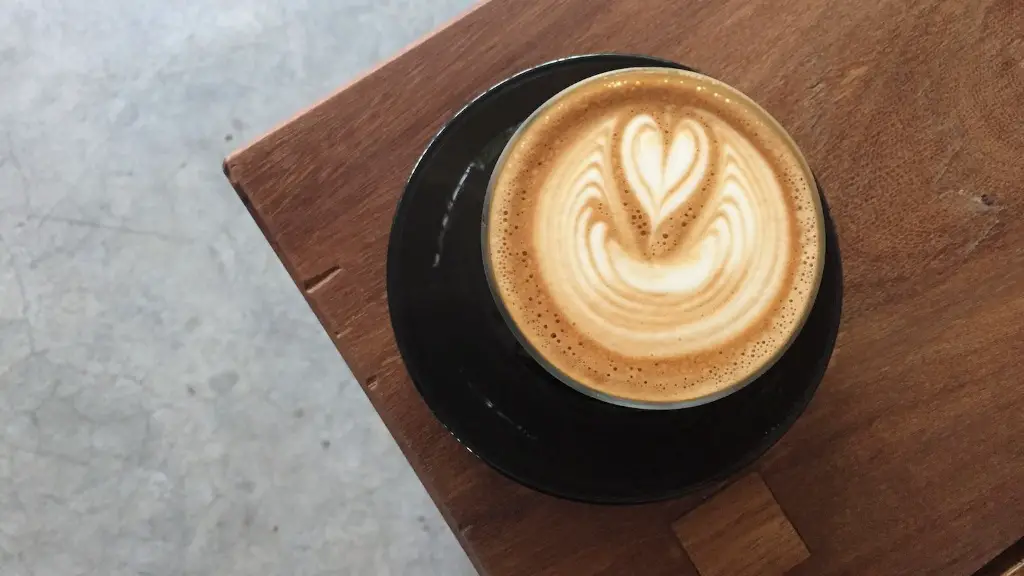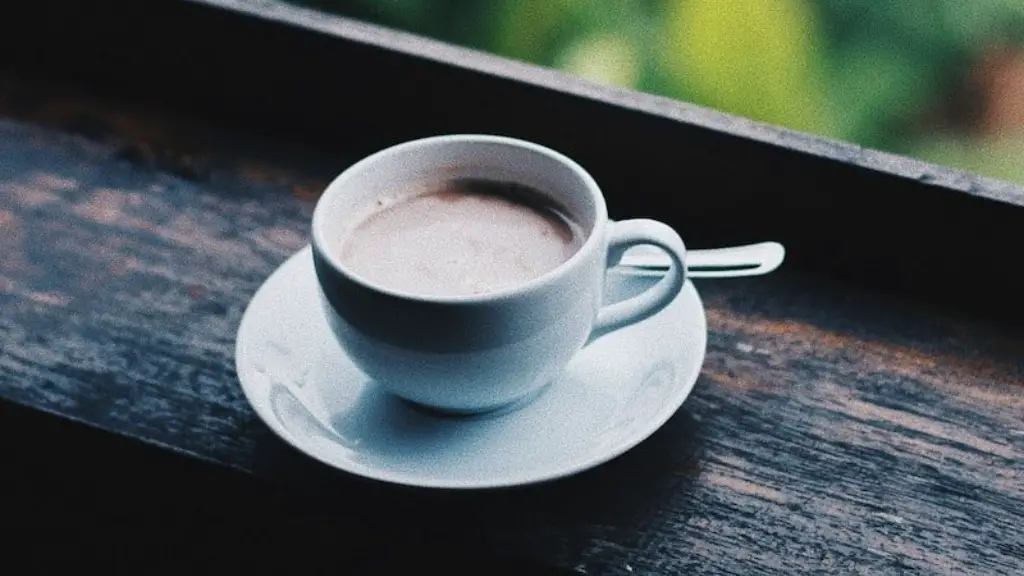Coffee is one of the most popular drinks in the world. Whether it’s a plain cup of black coffee or a latte, coffee is a morning staple for many of us. But if you’re following a special diet or fasting, can you drink coffee for energy without compromising the effectiveness of your fast? The answer is yes, you can drink black coffee on a fast.
Intermittent fasting involves alternating periods of eating and abstaining from food for various lengths of time. There are several different types of fasting, from overnight fasts to multiple-day fasts. During a fasting period, you can still drink non-caloric beverages such as water, herbal teas, black coffee, and sometimes calorie-free drinks with artificial sweeteners.
The key to fasting is that you don’t take in any calories. Black coffee is an ideal choice, as it is low in calories and will not interfere with your fasting efforts. In fact, coffee can even help you stay energized during a fast and keep your metabolism going.
Studies have shown that drinking black coffee during a fast can help improve cognitive performance, reduce inflammation, and boost immunity. It can also help curb hunger and cravings, making it easier to stay on track with your fast. Plus, coffee has no sugar or carbs, so you don’t have to worry about indulging in a sugary beverage.
While coffee can help you power through a fast, there are some things to consider. Caffeine is a diuretic, which means it can lead to dehydration. To avoid dehydration, make sure you drink plenty of water throughout your fast. It’s also important to listen to your body and take breaks if you find yourself feeling tired or light-headed.
It’s also important to consider if consuming black coffee during your fast will break the fast or make it less effective. If you choose to drink black coffee while fasting, make sure you stick to the recommended amount. A typical serving of black coffee is 8 ounces, which is about 150 calories. It’s also important to avoid additives such as cream and sugar, as these can add a lot of calories to the beverage.
Other Benefits of Black Coffee
Black coffee is a great choice for anyone looking to reap the benefits of coffee while still sticking to a healthy eating plan. It can provide a number of health benefits, such as improved concentration and alertness, heightened mood, and better digestion. It is also rich in antioxidants, which can help protect against disease.
Along with its health benefits, black coffee can help boost your energy levels and lift your spirits. The natural caffeine found in coffee acts as a stimulant, which can make you feel more alert and energized. If you’re feeling sluggish in the morning, a cup of black coffee can give you the boost you need to get through the day.
Finally, black coffee can help you reach your weight loss goals. As mentioned, it is calorie-free, so it won’t add any extra calories to your diet. In addition, it can help suppress hunger, which can make it easier to stay on track with your healthy diet.
Negative Effects
There are some potential negative side effects that come with drinking black coffee. For one, caffeine can be addictive, meaning it can be hard to quit once you’ve started drinking it. If you are sensitive to caffeine, it can lead to side effects such as headaches, anxiety, and irritability.
It’s also important to note that while black coffee can help you stay energized and boost your metabolism, it can also lead to sleeplessness. Caffeine has a half-life of about 4-6 hours, so any coffee you drink late in the day can interfere with your sleep.
In addition, if you consume too much black coffee, it can lead to jitteriness, anxiety, and rapid heart rate. It’s important to stick to the recommended 8-ounce serving size and avoid adding cream or sugar to limit these potential side effects.
Alternative to Drinking Black Coffee
If you’re looking for an alternative to black coffee, there are several options. Green tea contains caffeine, which can provide an energizing boost. It is also rich in antioxidants, which can support immune health.
Chicory root coffee is another excellent choice. It is a caffeine-free coffee substitute that has a rich, roasted flavor. It is also a great source of fiber, which can help you feel full and stay on track with your health goals.
Finally, Yerba mate is a traditional South American herbal tea that is rich in antioxidants and contains some caffeine. It has a slightly sweet and nutty flavor and can help you feel energized and stay focused.
Everything in Moderation
Whether you choose to drink black coffee while fasting or not, it’s important to remember that moderation is key. Keep your intake to no more than 8 ounces per day and avoid adding cream or sugar. This will help limit potential side effects, such as jitteriness and insomnia.
If you’re sensitive to caffeine or find yourself becoming too dependent on it, consider switching to decaffeinated coffee or trying one of the alternative options mentioned above. Any of these beverages can provide an energy boost without the potential side effects.
How to Make the Perfect Cup of Black Coffee
Making the perfect cup of black coffee is an art form. It starts with choosing the right beans. Look for a lightly roasted high-quality blend, as this will give the coffee its full flavor.
Next, you’ll want to make sure you have the right equipment. Invest in a good burr grinder and a good French press. This will help you get the most flavor out of your beans.
Finally, use the right technique. Start by pouring hot but not boiling water into the French press. Let it sit for 30 seconds and then pour the grounds. Gently stir, ensuring that the grounds are fully incorporated. Let it sit for another 3-5 minutes and then slowly press the plunger down, allowing the coffee to filter through.
Now you can enjoy your perfect cup of black coffee.
Conclusion
Drinking black coffee during a fast can be beneficial as long as you stay within the recommended limit. But keep in mind that you should always listen to your body and if you start to feel negative side effects, consider switching to decaffeinated coffee or one of the alternative options.
